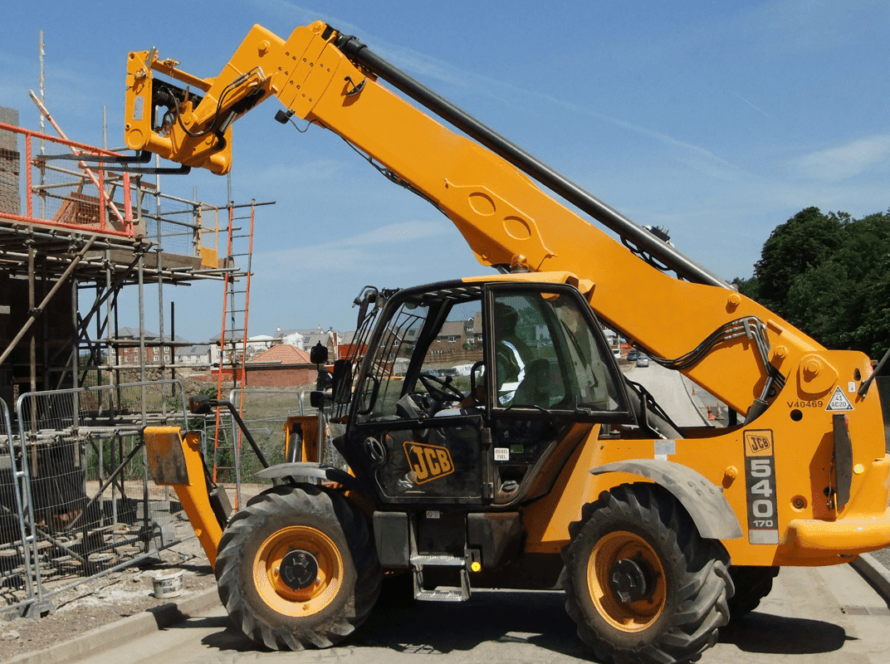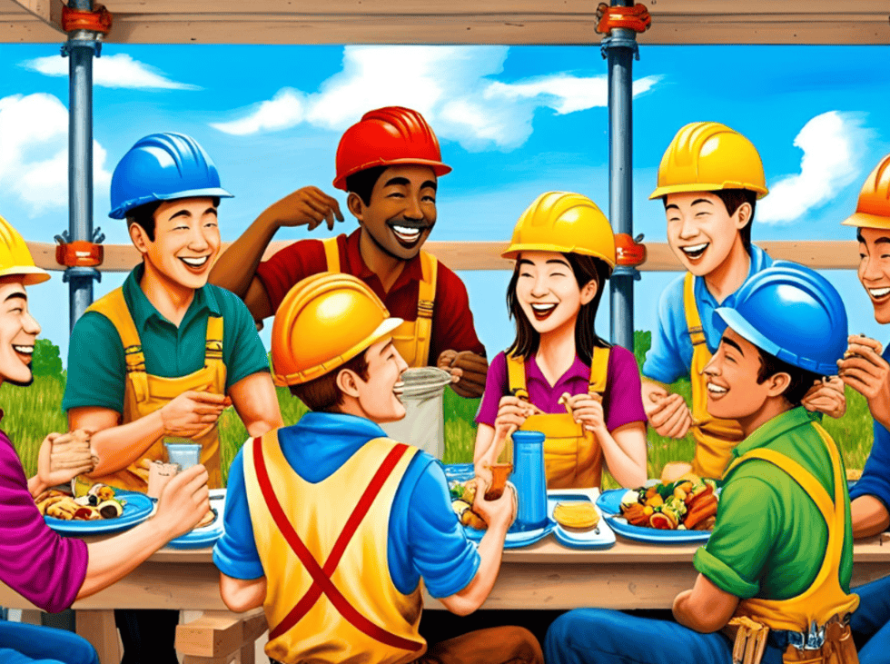If you’re eager to begin a career as a forklift operator and you’d like to find out more about the types of forklifts and what they’re used for, then you’ve come to the right place.
At SB Skills Solutions, we have years of invaluable experience working with qualified instructors in the construction and warehousing industry, so we can identify our counterbalance forklifts from our reach trucks.
Below, we explore the different types of forklifts and the various applications for each one of these forklift types.
What are forklifts used for?
While the general application of a forklift is to lift and move heavy objects, usually goods and materials, they can be deployed in other ways. Due to their size, design and features, some forklifts are better suited to certain applications than others. For example, some models are ideal for loading lorries while others are nimble and can make turns in narrow spaces – perfect for warehouses and other tight storage spaces.
What are the types of forklift?
Counterbalance truck
While this type of lift truck is commonly referred to as a forklift, its proper name is the counterbalance truck. These trucks are classified as either B1 (can lift up to 5000kg), B2 (up to 15000kg) or B3 (lifting weights in excess of 15000kg). Suitable for a range of applications, they can come with either three wheels, for working in smaller environments, or four. Powered by electric, LPG or diesel, they can lift up to 5m.
Reach truck
Boasting a slim chassis, a typical maximum lifting capacity of 2000kg, and a higher lift than counterbalance trucks, reach trucks are well-suited to navigating around warehouses. Easy to manoeuvre around tight corners and narrow aisles, these agile machines come with a single set of back wheels. D1 reach trucks have 3.8m of lift, while D2s are capable of more than 8m lift (up to 12.5m).
Pivot steer truck
Commonly known by its more popular brand names (such as Bendi or Flexi truck), the pivot steer truck (be it gas or electric) is a versatile lift truck that’s capable of performing the same function as a reach truck and a counterbalance truck. With the ability to load lorries and navigate their way around both narrow and high aisles with ease, these lift trucks typically have a 2000kg maximum capacity and can reach heights up to 14m.
VNA truck
VNA simply stands for Very Narrow Aisle truck and, as the name suggests, it’s ideal for manoeuvring and lifting stock around warehouses that often have high racking and narrow aisles. These trucks are always electric, can reach impressive heights of up to 14m, and feature forks that can be rotated to face either direction.
Electric pallet truck
These electric forklifts, also known as a powered pallet trucks, are a more affordable alternative to lifting and stacking goods in a warehouse than conventional lift trucks. Boasting a 2500kg maximum lifting capacity, they’re designed to lift pallets with particularly heavy loads and can either be operated by a pedestrian (A1 electric pallet truck) or by the rider themselves (A2 electric pallet truck).
Material Handling Stacker
While this type of forklift has a very similar design to the electric pallet truck, a material handling stacker can vertically lift goods to a higher elevation (up to 5m). An A3 stacker truck is pedestrian-operated, while the A4 stacker truck is rider-operated. Often powered by electric using batteries, these trucks are ideal for carrying and stacking heavy loads.
Get Forklift training at SB Skills Solutions
Here at SB Skills Solutions, we have a wide range of fully accredited forklift training courses on offer suitable for learning more about the various types of forklifts and how to operate them.
Accredited by NPORS or held in-house, these comprehensive forklift courses are led by professional instructors and qualified examiners.
Regardless of whether you want to complete a conversion course or need a refresher, we can help.
If you’d like to find out more about the forklift training courses available at SB Skills Solutions, feel free to get in contact with our experienced and knowledgeable team today.
You can reach us by calling us at 01695 558 420, sending an email to info@sbskills.co.uk, or filling out our convenient online contact form.
Whichever way you decide to get in touch, you can expect to receive unparalleled customer service, expert advice and tailored course recommendations.
Regardless of whether you want to book your place on our next industrial forklift training course or simply find out more about what we can do, don’t hesitate to reach out.



